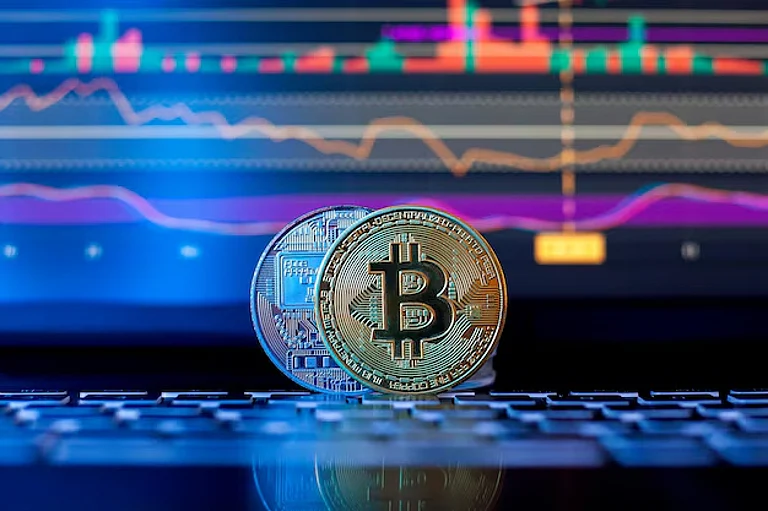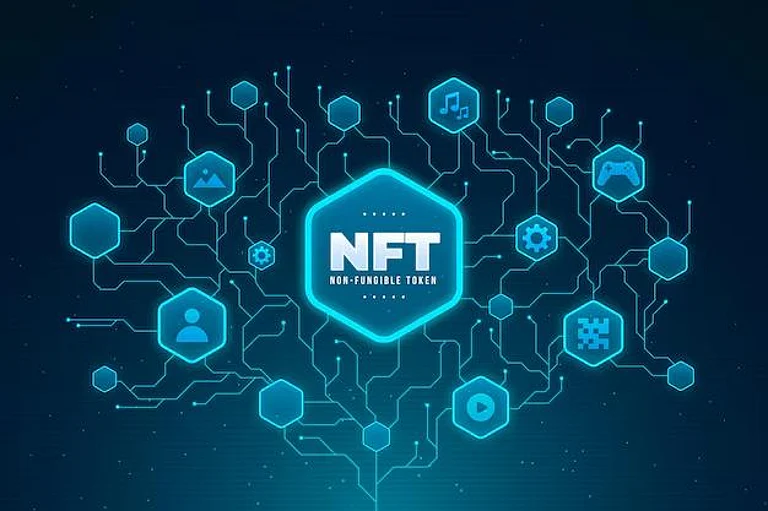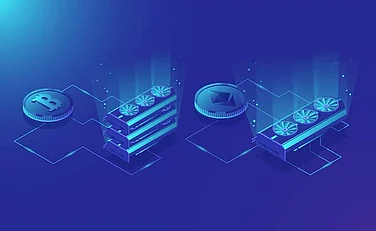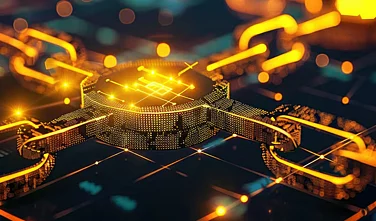The real estate sector has conventionally been recognized for stability, but it has also been expensive, slow, and out of the reach of small investors. That is changing today with the help of technology. Real estate tokenization can transform property ownership into digital tokens on a blockchain, which is going to revolutionize the way people invest, trade, and manage real estate assets.
Tokenization-allowing for the granular subdivision of properties into small, tradable units-allows investors from anywhere around the world access to markets previously reserved for high-net-worth individuals. This is how the digital approach brings in much-needed liquidity, transparency, and inclusion to an industry that has conventionally been perceived as complex and closed.
What is Real Estate Tokenization?
Real estate tokenization is the process of converting ownership of a property, or even a part of the property, into digital tokens living on a blockchain network. Each token represents either a fraction of the value of the property or its income stream (things like rent). These can be purchased and sold like stocks or crypto assets.
How It Works – Step by Step
Property Identification - A developer/owner identifies a residential, commercial, or industrial real estate asset.
Legal Structuring: The ownership is transferred into a legal entity, such as a special purpose vehicle, which in turn issues the digital tokens.
Token Creation: On blockchain, the creation of digital tokens takes place, which represents ownership or revenue rights.
Offering to Investors – The tokens are offered to investors using regulated digital platforms or tokenization portals.
Trading & Management: After issuance, investors can trade these tokens on secondary exchanges, creating liquidity that traditional property ownership lacks.
The process employs the concept of tokenization of assets, whereby real-world assets such as real estate are digitally converted into tokens. The same principle is being applied in other markets these days, like art, bonds, or commodities.
Types of Tokenized Real Estate
Type of Token | Description |
Fractional Ownership Tokens | Represent shares in a property’s ownership or value. |
Income/Revenue Tokens | Represent rights to rental or lease income from a property. |
NFT Property Tokens | Represent a unique property or land parcel as a one-of-a-kind token. |
Why It Matters: The Benefits of Real Estate Tokenization
Real estate tokenization addresses many of the various long-standing challenges that surround property investment. Here’s why it’s capturing global attention:
Lower Entry Barriers: Investing in fractions of high-value property will be made possible without requiring investors to have millions.
Improved Liquidity: Tokens can be traded instantly on digital platforms, unlike traditional real estate that takes months to sell.
Global Access: Digital tokens allow easy access to foreign property markets for the investor.
Transparency: Blockchain ensures transparency in all transactions, hence minimal fraud and building of trust.
Cost and Time Efficiency: Smart contracts automate ownership transfer and payments, hence reducing intermediaries.
Portfolio Diversification: Investors can hold smaller portions of several properties rather than just one.
It makes the property market more flexible, open, and digitally integrated through asset tokenization.
How Real Estate Tokenization Is Changing Property Investment
1. Democratizing Access
Tokenization is the opening of real estate investment to retail investors. Today, a person with limited capital can own a small portion of a luxury apartment in Mumbai, a commercial building in Dubai, or farmland in the U.S.
2. Creating Liquidity in an Illiquid Market
Historically, one of the big drawbacks to real estate has been its illiquidity. Tokenization allows for easy buying and selling of ownership shares on blockchain exchanges, making property investment more similar to a stock market.
3. Process Streamlining
Traditional real estate deals involve lawyers, brokers, and long paper trails. Smart contracts can automate key processes like rent collection, profit distribution, and ownership transfers, saving time and reducing disputes.
4. Encouraging Global Participation
Investors can diversify their portfolios across borders with no heavy legal or banking restrictions. This global exposure also attracts international capital into local property markets.
5. New Opportunities for Developers and Owners
Property developers can raise funds more quickly by selling tokens representing fractional ownership. They can retain partial ownership while using funds for other projects, creating new financing models in real estate.
Pros and Cons of Real Estate Tokenization
Pros | Cons |
Lower investment minimums | Regulatory uncertainty in some regions |
Enhanced liquidity | Secondary market liquidity still developing |
Faster transactions and settlements | Smart contract or technical vulnerabilities |
Global investor access | Complex taxation or jurisdictional issues |
Improved transparency | Need for robust legal frameworks |
Key Considerations Before Investing
If you’re exploring tokenized real estate as an investor, consider the following:
Research the Platform: Ensure the tokenization company is licensed, transparent, and compliant with financial regulations.
Understand the Asset: Check property details, location, income potential, and ownership structure.
Evaluate Liquidity: Confirm whether the tokens can be traded on secondary exchanges.
Check Legal Compliance: Real estate tokens may be treated as securities in many countries.
Review Smart Contract Security: Look for audits or third-party verifications.
Plan for Taxes and Reporting: Understand how local tax laws apply to digital asset holdings.
Conclusion
Real estate tokenization is gradually redefining how people invest in property. It merges the reliability of real estate with the innovation of blockchain, offering liquidity, accessibility, and transparency. While regulatory clarity and infrastructure are still evolving, the potential is undeniable.
In the coming years, tokenized assets are expected to bridge the gap between traditional finance and blockchain-based markets. As technology matures and awareness spreads, real estate tokenization could become a mainstream investment model — turning bricks and mortar into digital opportunity.
Common Questions (FAQs)
1. What is real estate tokenization in simple terms?
It’s a method of dividing property ownership into digital tokens that can be bought and sold online, making real estate investing more flexible and accessible.
2. How can I invest in tokenized real estate?
You can invest through platforms that specialize in real estate tokenization. After completing KYC and compliance checks, you can buy property tokens using fiat or cryptocurrency.
3. Is tokenized real estate the same as REITs?
Not exactly. While both provide fractional ownership, tokenized real estate uses blockchain technology for direct ownership tracking and peer-to-peer trading, whereas REITs are managed funds listed on stock exchanges.
4. Is real estate tokenization legal?
Yes, but regulations differ by country. Many governments are still developing clear rules for tokenized securities and property tokens. Always check the legal status in your region.
5. What are the risks?
Risks include regulatory uncertainty, limited liquidity, valuation challenges, and smart contract vulnerabilities. Investors should always perform due diligence.

























